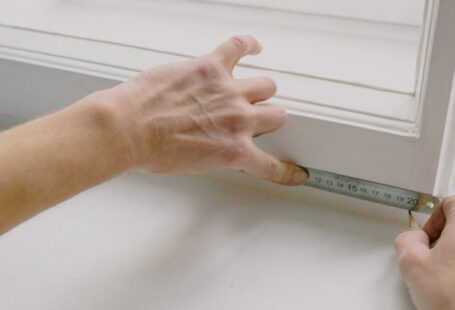Upgrading a budget PC can be a cost-effective way to extend its lifespan and improve performance without breaking the bank. By carefully selecting the right components to upgrade, you can breathe new life into your PC and ensure that it remains capable of handling the tasks you throw at it. In this article, we will explore which upgrades are most beneficial for budget PCs and how they can help you get the most out of your system.
**Solid-State Drive (SSD) for Faster Boot Times and Application Loading**
One of the most significant upgrades you can make to a budget PC is replacing the traditional hard drive with a solid-state drive (SSD). SSDs offer significantly faster read and write speeds compared to HDDs, resulting in quicker boot times and faster loading of applications. By installing an SSD as your primary storage device, you can experience a noticeable improvement in overall system responsiveness and performance.
**Increased RAM for Multitasking and Improved Performance**
Another essential upgrade for a budget PC is increasing the amount of RAM. More RAM allows your system to handle multiple tasks simultaneously without slowing down. If you find that your PC struggles to keep up when running several applications at once, upgrading to a higher capacity RAM kit can make a significant difference. Additionally, upgrading to faster RAM modules can also improve overall system performance by reducing latency and improving data transfer speeds.
**Graphics Card Upgrade for Better Gaming and Graphic Performance**
For budget PCs used for gaming or graphic-intensive tasks, upgrading the graphics card can provide a substantial performance boost. A more powerful graphics card can enable higher frame rates, improved visual fidelity, and smoother gameplay. When choosing a new graphics card, make sure to consider factors such as compatibility with your system, power requirements, and budget constraints. Even a mid-range graphics card upgrade can make a noticeable difference in gaming performance and overall system responsiveness.
**Cooling Solutions for Improved Thermal Performance**
Overheating can be a common issue in budget PCs, especially when running demanding applications or games. Upgrading your PC’s cooling system can help keep temperatures in check and prevent thermal throttling, which can negatively impact performance. Consider adding additional case fans, upgrading to a more efficient CPU cooler, or even investing in a liquid cooling solution for improved thermal performance. Proper cooling can also help extend the lifespan of your components by reducing the risk of heat-related damage.
**Power Supply Unit (PSU) Upgrade for Stability and Future Expansion**
A frequently overlooked but crucial component to consider upgrading in a budget PC is the power supply unit (PSU). A higher quality, more efficient PSU can provide better stability, reduce the risk of power-related issues, and support future upgrades. When upgrading your PSU, make sure to choose a unit with sufficient wattage for your system’s needs and consider factors such as efficiency rating, modular cables, and warranty coverage. A reliable PSU can not only improve system performance but also protect your components from potential power-related damage.
**Upgrading Your Budget PC: Maximizing Performance and Longevity**
By strategically selecting and upgrading key components in your budget PC, you can significantly extend its lifespan and improve performance without breaking the bank. Whether you’re looking to boost gaming performance, enhance multitasking capabilities, or simply breathe new life into an aging system, the right upgrades can make a world of difference. Remember to research compatibility, performance benefits, and budget considerations before making any upgrades to ensure that you get the most value out of your investment. With the right upgrades, your budget PC can continue to serve you well for years to come.





